Israel and Lebanon agree 'historic' maritime border deal, US says
- Published
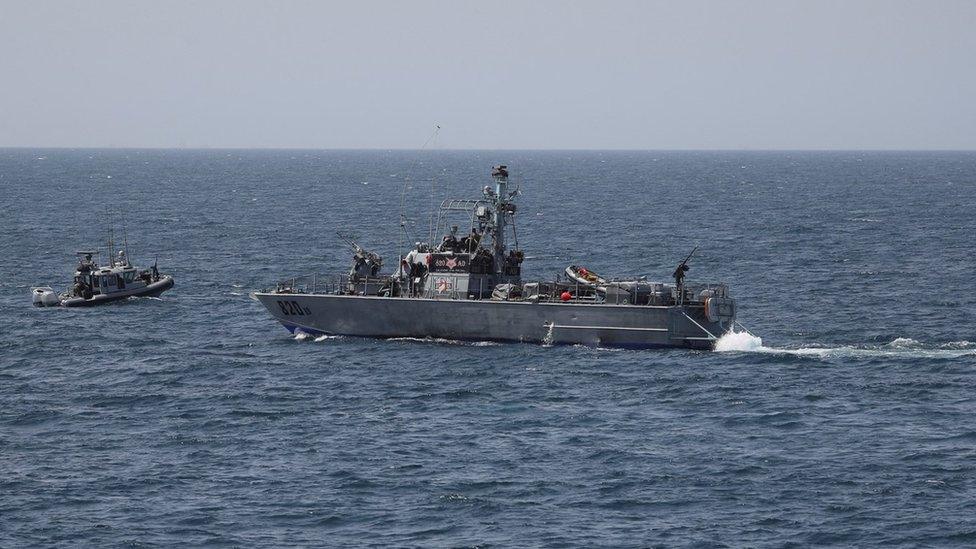
The agreement covers an 860 sq km (330 sq mile) triangle of disputed territory in the Mediterranean
Israel and Lebanon have made an "historic breakthrough" and agreed to establish a permanent maritime border between them, the US president says.
A finalised deal would allow the neighbours, which remain formally at war, to exploit natural gas fields under the Mediterranean Sea.
Israel's Prime Minister Yair Lapid said it would strengthen its security and inject billions into its economy.
Lebanese President Michel Aoun described the terms as "satisfactory".
The details of the agreement, which covers an 860 sq km (330 sq mile) triangle of the Mediterranean, have not been released.
But reports say the Karish gas field would fall under Israeli control, along with a small part of Qana, a prospective gas field.
The rest of Qana would be under Lebanon's control and it would pay royalties to Israel for any gas extracted from the Israeli side.
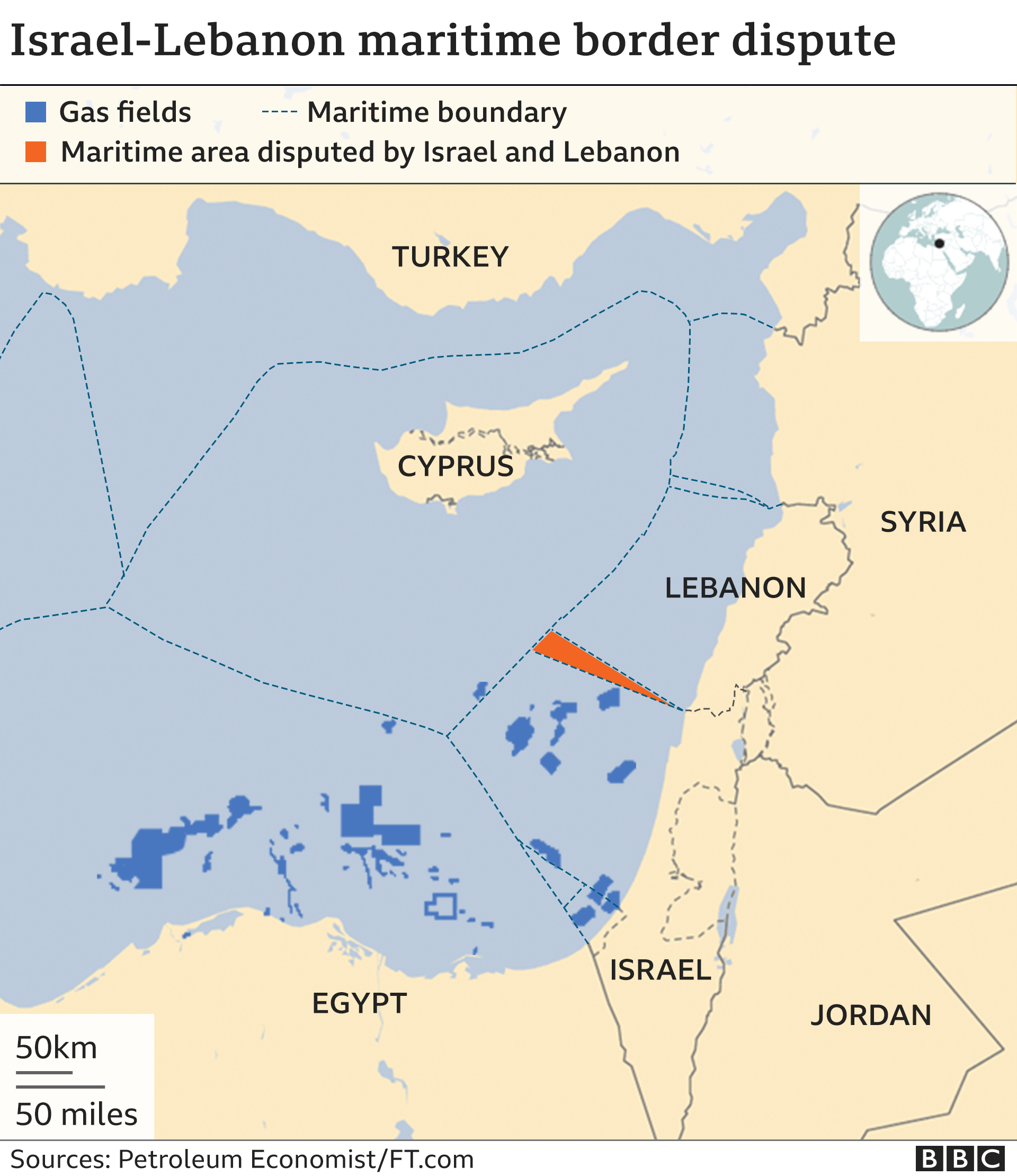

The White House said on Monday that President Joe Biden had congratulated the Israeli and Lebanese leaders on moving forward with the deal to establish a permanent maritime boundary.
"The agreement... will provide for the development of energy fields for the benefit of both countries, setting the stage for a more stable and prosperous region, and harnessing vital new energy resources for the world," Mr Biden said in a statement, external.
"It is now critical that all parties uphold their commitments and work towards implementation."
Prime Minister Lapid said: "This is a historic achievement that will strengthen Israel's security, inject billions into Israel's economy, and ensure the stability of our northern border."
He will convene Israel's security cabinet on Wednesday before the agreement is put before the government for approval. It will then be presented to parliament.
Production from the Karish gas field is part of Israel's plan to export gas to the European Union, as the bloc seeks alternatives to Russian energy.
Mr Lapid's Lebanese counterpart, Najib Mikati, said there was "full agreement on the English draft" and that he expected an announcement on Wednesday once President Aoun had reviewed the Arabic translation.
Lebanon is in dire economic trouble and hopes to find significant gas deposits in the Qana field, but production could be years away.
The leader of Hezbollah, an Iran-backed militant group that fought a war against Israel in 2006, said that if the president endorsed the deal "then for us... things are settled".
In July, after an Israeli-licensed production vessel was sent to float above Karish, Hezbollah flew three unarmed drones towards it. They were shot down by Israel, which warned that for any attack "the price will be Lebanon".
- Published29 September 2022
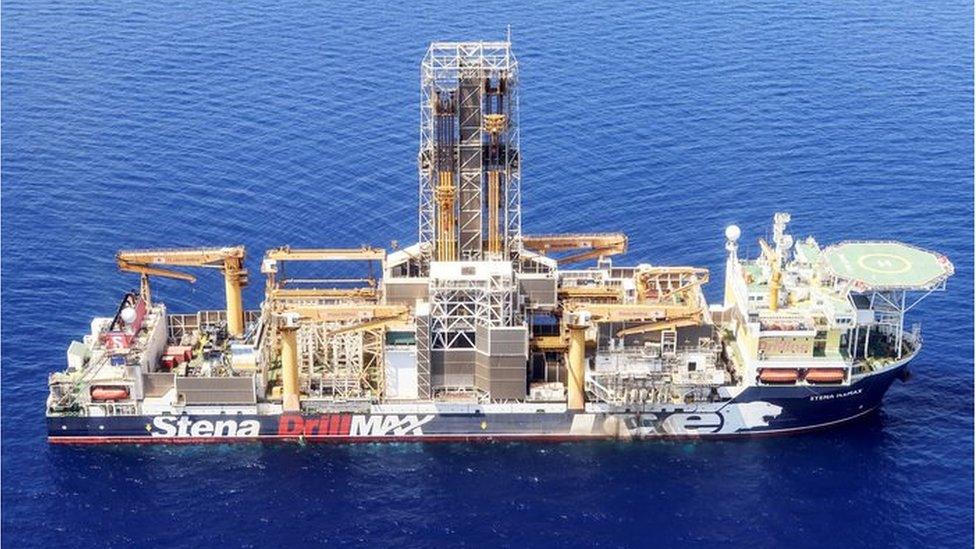
- Published2 July 2022
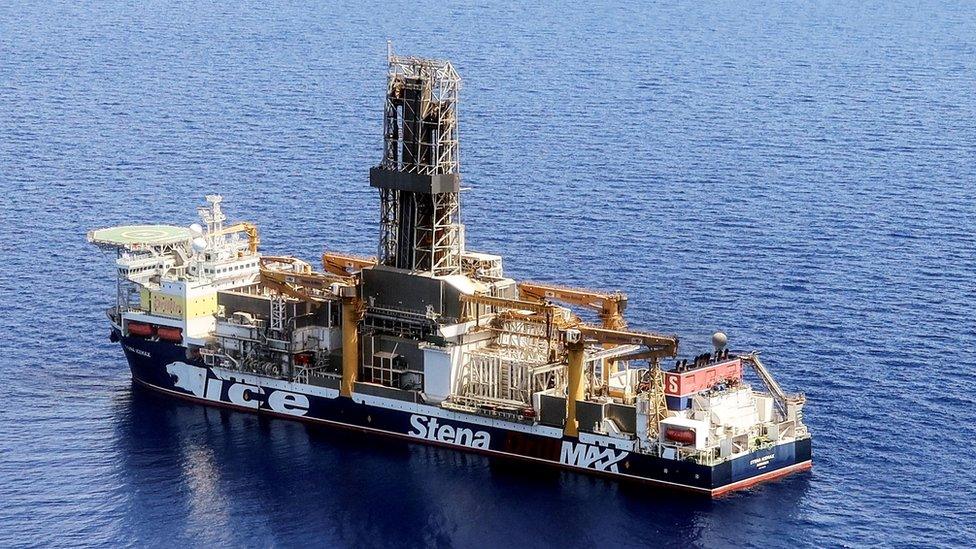
- Published14 October 2020
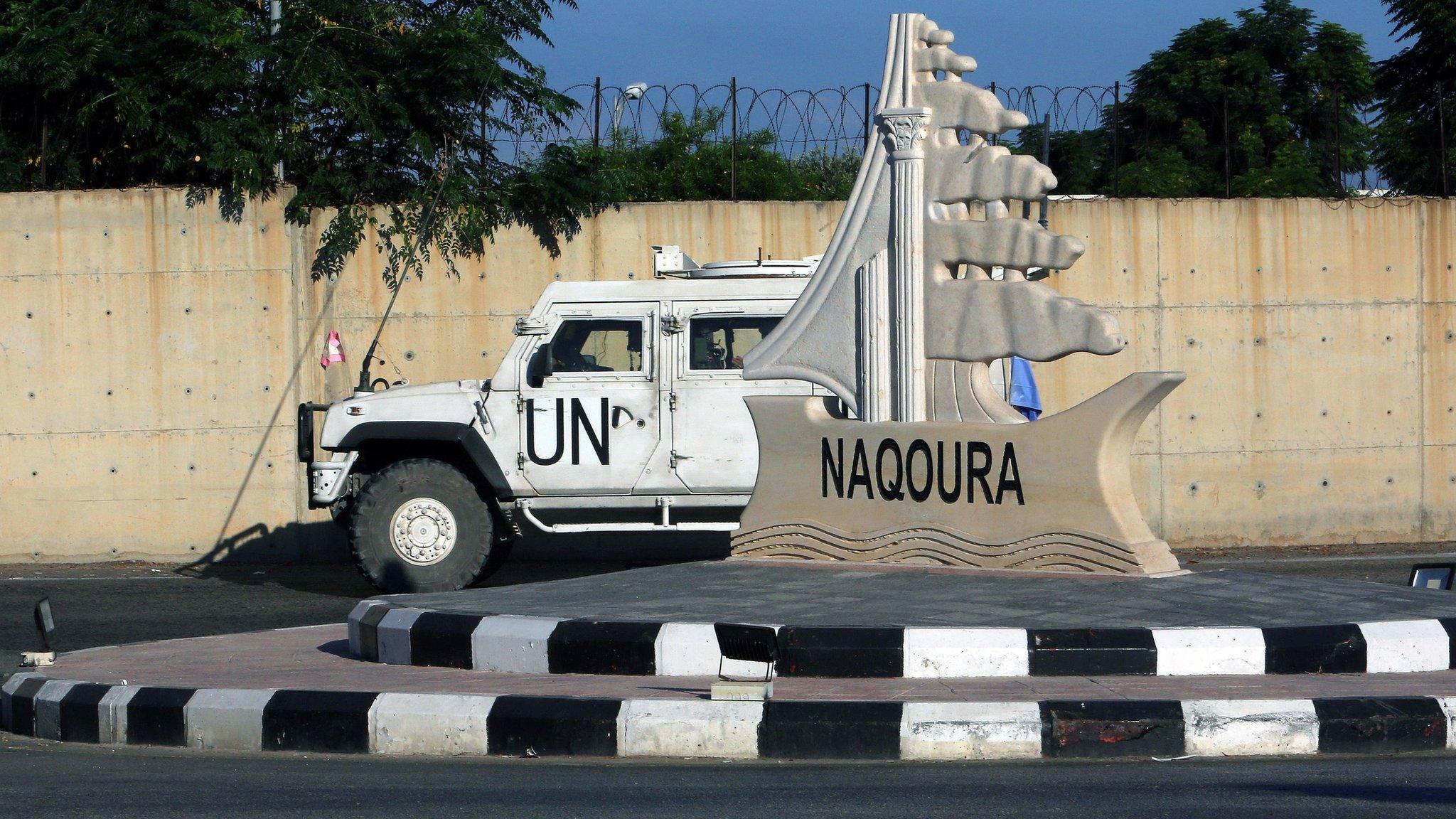
- Published11 October 2023
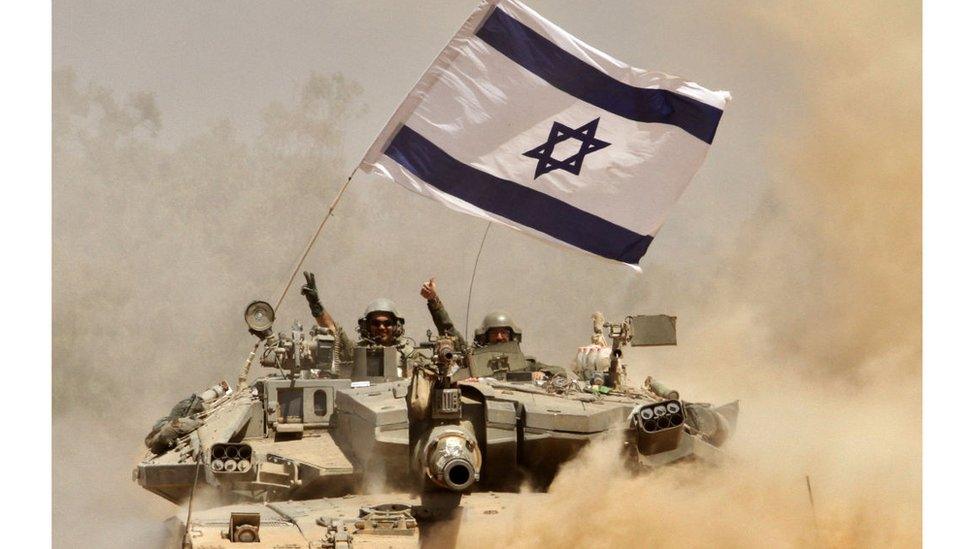
- Published11 July 2011